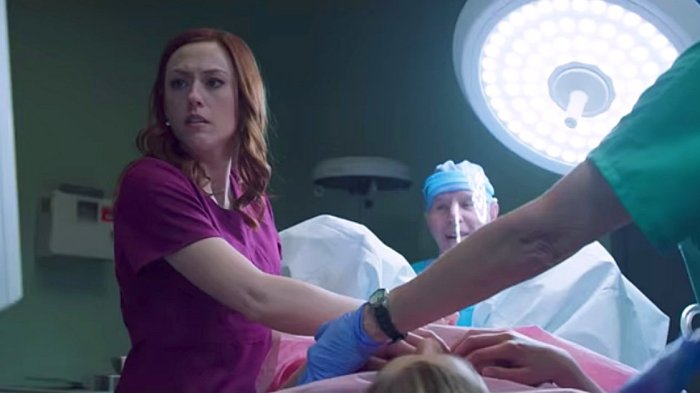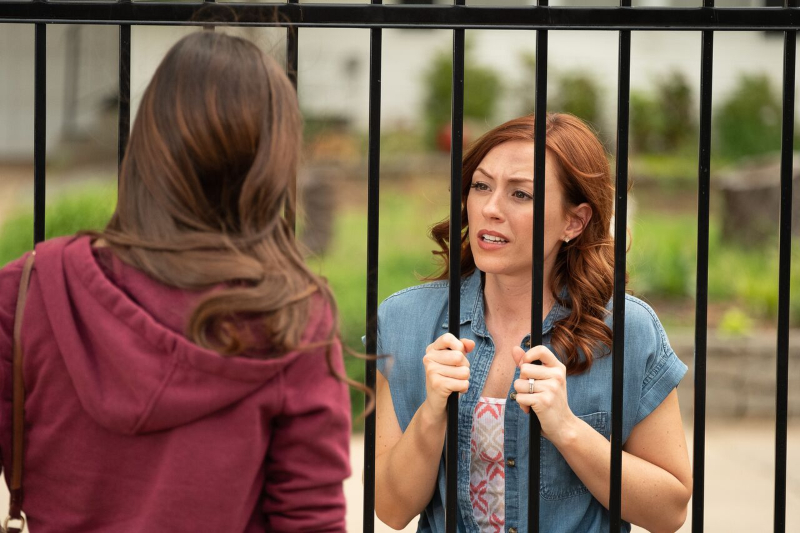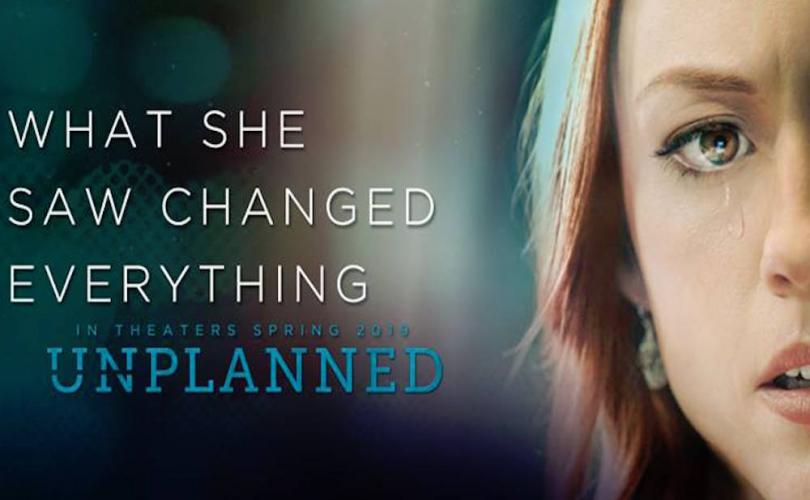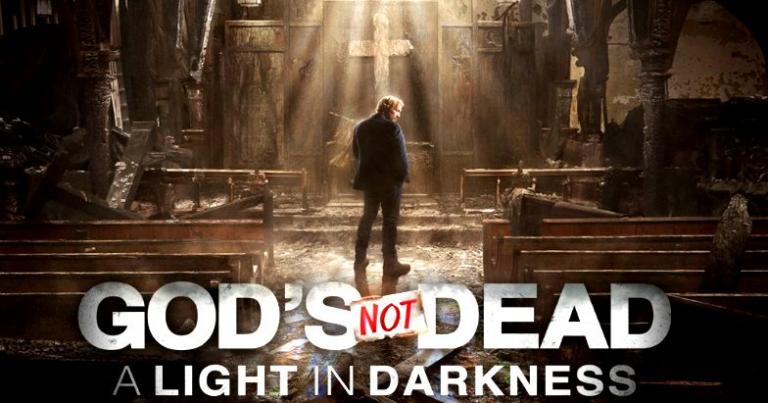Unplanned is the first R rated feature film from Pure Flix, the Christian production company. It is based off the book written by Abby Johnson regarding her journey from Planned Parenthood Clinic Director to Pro-Life speaker.
This story gets right into it, as within the first 10 minutes you are taken into a clinic and into the room where an abortion is being performed via suction and Abby realizes what has just happened– and she can’t take it.

Abby Started Out Pro-Choice
For the next half of the movie, Abby takes us through the path that she took to get her to that first 10 minutes of the movie. She recounts for the viewer that she has a religious family, but got involved with a man that got her pregnant. She had a suction abortion, got married, and then as she was getting a divorce she found she was pregnant again by the man, so she took the RU486 pill– and you see in graphic detail that it’s much worse than advertised.
So with this as her background, when the Planned Parenthood representative at her college encouraged her that PP is trying to make abortion rare, but is willing to help when others are not, she took the job.

Planned Parenthood In a Positive Light
For much of the movie, those that work at Planned Parenthood are placed in a sympathetic light. They are trying to keep women from being bullied by the Bible-thumpers, they are the only ones that are able to help– and they provide more than abortions.
Only Cheryl, the previous clinic director who is also a rising star in Planned Parenthood, is seen in a negative light– going against the corporate line that they want abortions rare, giving Abby a reprimand for challenging the push for abortion, and eventually taking Abby to court. Cheryl is the movie’s antagonist.
Cognitive Dissonance
Much of what is on display in this movie is the cognitive dissonance that Abby is feeling. She’s suppressed her emotions about her own abortions, which is part of the reason that she feels that she can do this job.
The movie wants you to believe that the more you object to abortion, the more it will convince the other side to double down in its intent:
- Abby’s parents and husband express their dislike of abortion, which causes Abby to defend it, and work harder.
- The Bible Thumpers scare the clients and when the 40 days people try to video record themselves in order to make sure there are no lawsuits, they become an enemy.
On the converse side, when people do nothing but pray, it’s shown to be powerful:
- Abby sees the ultrasound and comes to believe abortion is wrong when many were praying for the clinic.
- Abby’s family is silently seen as supporting her, so she calls them when her opinion changes.
- Abby shares that when the 40 days people pray, the clinic has a high influx of no-shows.

Conclusion
In conclusion, this movie is a discussion point– it humanizes the opposing parties, and takes you on one woman’s journey. Like all movie adaptations, some details about the people are glossed over, and rendered unimportant.
Still, it’s powerful to actually see the abortions take place, instead of talking about them in the abstract. It’s interesting to hear how Planned Parenthood has conflicting goals, and how corporate may be different than the workers there. It’s fascinating how many people have left.
I’d encourage anyone of age to see this and grapple with the ideas here.
Thanks to youtube.com for the trailer
©Apple Tree Movies



